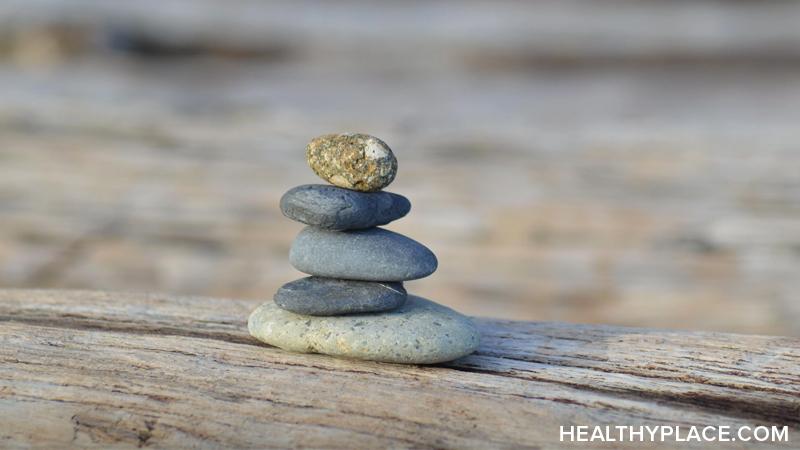How to Cope with Bipolar Disorder: Bipolar Coping Skills

Learning how to cope with bipolar disorder can be a lifelong process; after all, bipolar disorder is a lifelong illness and it can change over time. That said, coping skills for bipolar disorder can be learned, be effective, and help anyone’s quality of life. In fact, some might say that managing bipolar disorder without developing solid coping skills is a recipe for disaster.
What Are Bipolar Coping Mechanisms?
Coping mechanism, or coping skills, are generally thought of as methods a person uses to deal with stressful situations. In the case of those with bipolar disorder, they have a special set of coping skills that may help with stress, yes, but are designed to specifically help with bipolar disorder.
Some general coping skills that anyone can use to improve their mental health include:
- Meditation and relaxation techniques – great for dealing with excessive energy in bipolar disorder and anxiety
- Social relationships – having people available to reach out to when things get bad is really important, and having people to have fun with when times are good is important, too.
- Spirituality – some people find religion or other forms of spirituality give them the strength to face the challenges of life and bipolar.
- Pets – You can distract from stressful thoughts and difficult situations by taking care of a pet. Studies show that pets are a calming influence on people's lives.
There are many other general coping skills and bipolar-specific coping skills available, too.
Practicing Bipolar Disorder Coping Skills
Bipolar coping mechanisms aren’t something you can just easily learn and forget about. Just like coping with bipolar disorder is a daily event, practicing your bipolar coping skills is a frequent event, too.
For example, maybe one of your coping skills is to try to see the positive while in bipolar depression. This isn’t necessarily easy and doesn’t necessarily come naturally in that mood. It may take conscious work to see the positive when all your brain wants to perceive is the negative. The first time you try, you may not even be able to do it. The second time you try, it might take a long time to find something positive to focus on. But over time, it will get easier. It is true with bipolar coping skills that practice makes perfect.
What Good Are Coping Skills for Bipolar Disorder?
Coping skills for bipolar disorder compliment other bipolar treatments such as medication and therapy. They allow you to handle the stresses of bipolar disorder more successfully so that they impact your life less. And while the bipolar disorder symptoms you experience over time may not improve, coping skills can make them easier to deal with.
See Also:
APA Reference
Tracy, N.
(2021, December 28). How to Cope with Bipolar Disorder: Bipolar Coping Skills, HealthyPlace. Retrieved
on 2025, November 28 from https://www.healthyplace.com/self-help/bipolar-disorder/how-to-cope-with-bipolar-disorder-bipolar-coping-skills



